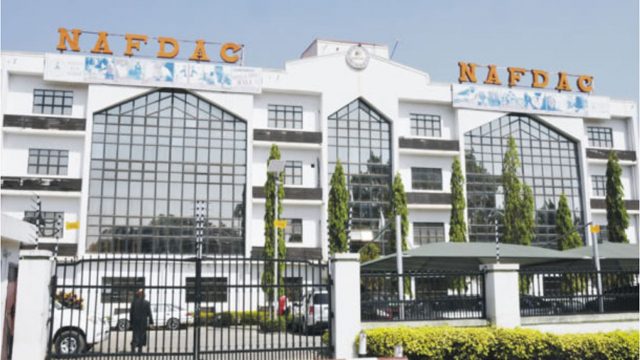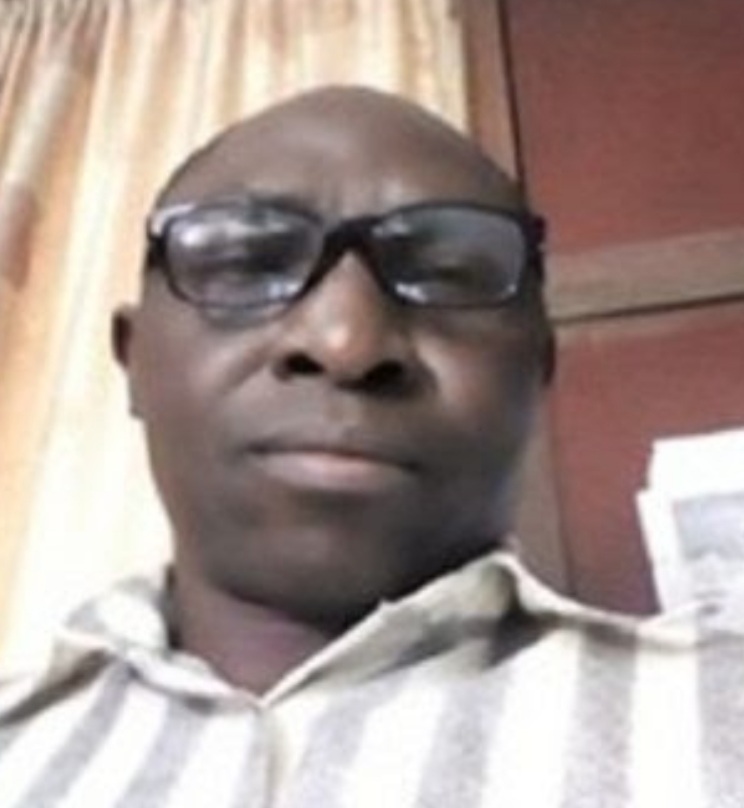The National Agency for Food and Drug Administration and Control says mobile authentication of all drugs is not possible for now.
The Director-General of NAFDAC, Prof. Moji Adeyeye, said this in a statement on Friday.
The statement was in response to a call by the House of Representatives, that the Consumer Protection Council and the Standards Organisation of Nigeria should use the Mobile Authentication Scheme to detect counterfeit medicines.
Adeyeye noted that the scheme was first used by NAFDAC in 2010 as tool to curb the menace of substandard and falsified medical products.
She noted that the medicines identified for implementation and enforcement in the first stage of the MAS scheme were anti-malaria and anti-bacteria in nature.
The NAFDAC boss said these classes of medicines were selected as a result of the high incidence of counterfeiting and the impact on public health.
Adeyeye, however, said the scheme was not fully implemented by all relevant stakeholders despite several enforcement deadlines issued by NAFDAC for compliance.
She said, “The suggestion by the Speaker to use MAS for all drugs regulated by NAFDAC is noble, and in line with the agency’s ultimate agenda. However, a lot of staffing and funding will be needed for full implementation.
“The limited authentication that is being undertaken currently for the two classes of drugs by NAFDAC sometimes result in overwhelming calls to the drug information specialists at NAFDAC secretariat. Considering the fact that NAFDAC has over 11,000 registered drug products, the manpower that will be needed to authenticate all drugs will be enormous.”





